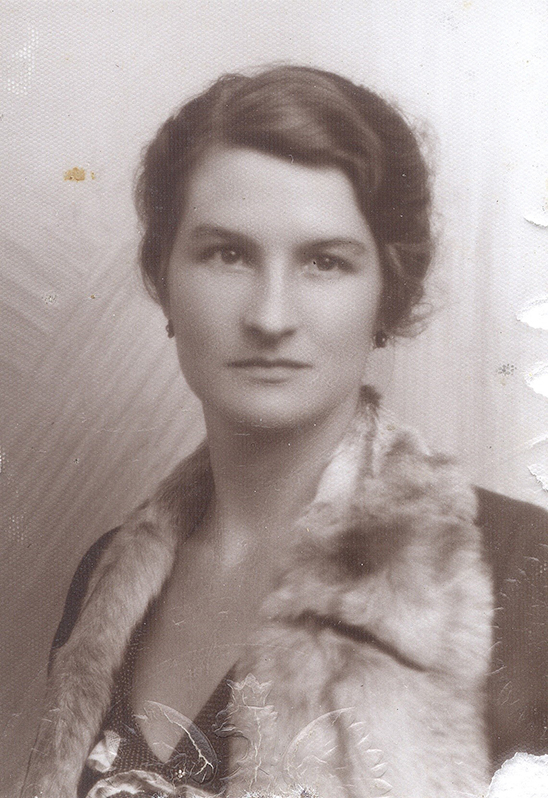
SECURITY LEVEL: TOP SECRET
Dispatch: EVACUATE FRANCE
Date: November 1942
Location: France
Virginia Hall had to clear out quickly. The Special Operations Executive (SOE) ordered all its spies to flee France when Germany unexpectedly invaded the entire country. Virginia was one of a group of spies that needed to find a way out of the country in a hurry. Nazi Germany now controlled all of France’s borders, so leaving by the regular routes was impossible—the spies would be discovered and executed. Virginia was in the most danger because she was on Germany’s most-wanted list, and was known as “The Limping Lady.”
The safest way out of France was also one of the most dangerous. Virginia and the other spies had to escape by climbing over the Pyrenees Mountains into Spain. It was wintertime and very cold in the mountains. The SOE hired a guide to lead its spies through the mountains. He was not pleased to find out that one of them was a woman. Virginia decided not to tell him that her left leg had been amputated below the knee after she was injured in a hunting accident. The guide surely noticed her limp. It was hard not to limp when you used an 8-pound wooden leg.
Virginia finally got to Spain, but she didn’t have a passport with her. She was placed in a holding facility that was kind of like a jail and it was several weeks before she was able to smuggle out a letter for help. This harrowing escape was just one of Virginia’s many adventures as a spy…
Virginia, who grew up in Baltimore, MD, wanted to work in U.S. Foreign Service, but she could not get a job because of her leg. When World War II broke out, she went to England to join the war effort. Because America hadn’t yet joined the war, she could travel around Europe easily because she was an American. She spoke several languages fluently, including French and German, so the SOE sent her to Lyon, France to spy on Germans for them. Her cover (her fake identity) was that she was a journalist.
Virginia was an expert in radio communications. Every SOE spy that entered France was first sent to Virginia. She coordinated the spies’ movements and sent messages from them via radio. Her radio transmissions helped save hundreds of lives.
After her release, Virginia worked for the SOE in Spain and then in England. In 1944, she returned to the United States and joined the U.S. Office of Strategic Services (OSS) Special Operations Branch.
The OSS sent her back to German-occupied France as a spy. She had a new cover. This time she was disguised as a fat old lady, with whitened hair, who took care of cows on a farm. Virginia had to stay in character all the time. The Germans never suspected her to be a spy. She would see officers in the farmer’s market. She would listen to their conversations and report this information back to the OSS.
Virginia played an important role in defeating the Germans. She helped the French Resistance fighters fight against the Nazis. She even trained three battalions of Resistance fighters herself. She found safe houses for other spies. She sent maps showing where the British could drop supplies and troops safely inside France. She kept up her intelligence reports until the end of the war without getting caught, even though she was one of Germany’s most wanted.
When World War II ended, General Donovan presented Virginia with a special award. It was the Distinguished Service Cross.
Virginia loved her job and her country. She continued working in intelligence, eventually becoming part of the Central Intelligence Agency (CIA). She worked there until she retired in 1966 and moved to a farm in Maryland. She died at age 76 in 1982.



 About BeeLine
About BeeLine